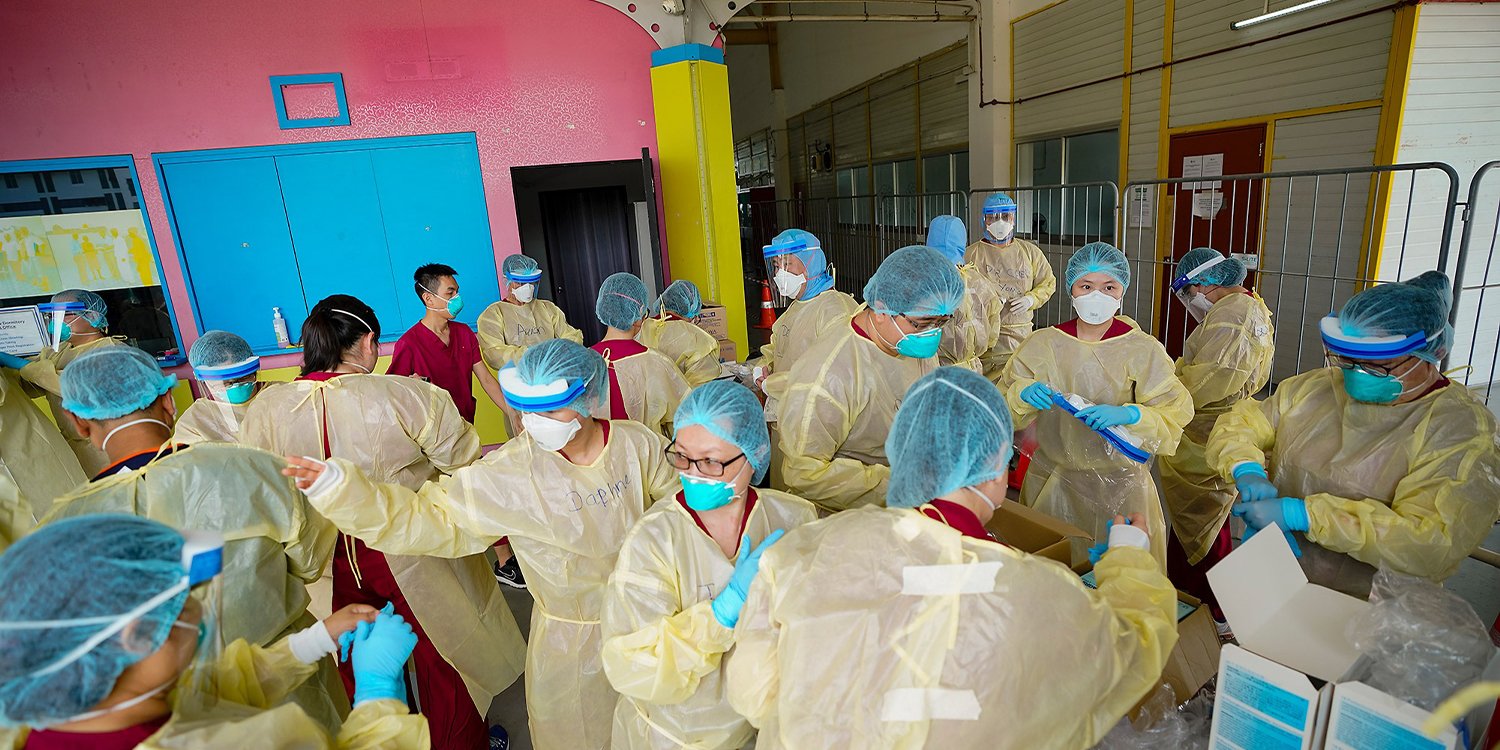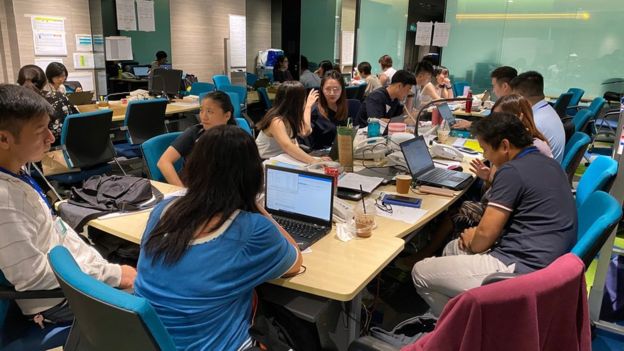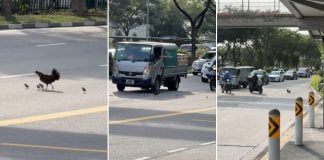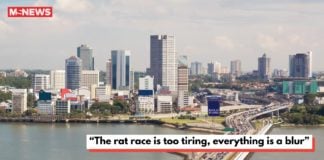Zero New Covid-19 Clusters In Singapore On 24 May
There may be signs that Singapore’s fight against Covid-19 is yielding results, if the Ministry of Health (MOH)’s announcement from yesterday (24 May) is any indication.
According to Channel NewsAsia (CNA), zero new clusters were reported by MOH, the first time since 8 Apr.
There were 548 new cases reported yesterday, although 99% of all cases were linked to known clusters.
In fact, one existing cluster at Strand Hotel (25 Bencoolen Street) was closed after there were no new cases for 28 days.
8 Apr was last date where there were no new clusters
The last time that we had no new clusters was on 8 Apr, reported CNA. That day was the 2nd day since the ‘Circuit Breaker’ started on 7 Apr.
As new clusters continue to be found, one less obvious development has been the closing of clusters.
MOH works quickly once new clusters are discovered, isolating and testing people within. This ensures that Covid-19 spread can be nipped in the bud.
Once there aren’t any new clusters for at least 2 incubation periods, the cluster can be closed. One incubation period lasts 14 days.
69 clusters updated in 24 May press release
69 clusters – mainly within migrant workers – were updated with new cases in yesterday’s press release. You can view the full updates here.
However, the lack of a new cluster is probably not a sign that there won’t be any more, since as of 24 May, 3 community cases are still unlinked and pending contact tracing.
Large clusters such as S11 Dormitory continue to yield more new cases as MOH continues to test workers living there. S11 Dormitory can hold up to 14,000 workers, Reuters reports.
Regardless, we’re seeing good results so far in tracing cases, allowing us to close clusters after they report no new cases.
Entering a ‘new normal’ after 2 Jun
As we reach the final week of the formal ‘Circuit Breaker’ before we gradually open up the country, this is a reminder that we will enter a ‘new normal’ after 1 Jun.
This ‘new normal’ assumes that Covid-19 can potentially return in a new wave, even as shops re-open and some workers go back to offices.
We continue to test contacts of known cases and establish new links. Although new cases can pop up suddenly, this won’t be a huge problem if we do what we’ve done previously.
We can all help by not reporting to work if we’re sick, and observing social distancing if out in public. The rest of our time should be spent at home as much as possible.
This way, we can avoid forming new Covid-19 clusters.
Featured image adapted from Facebook.









